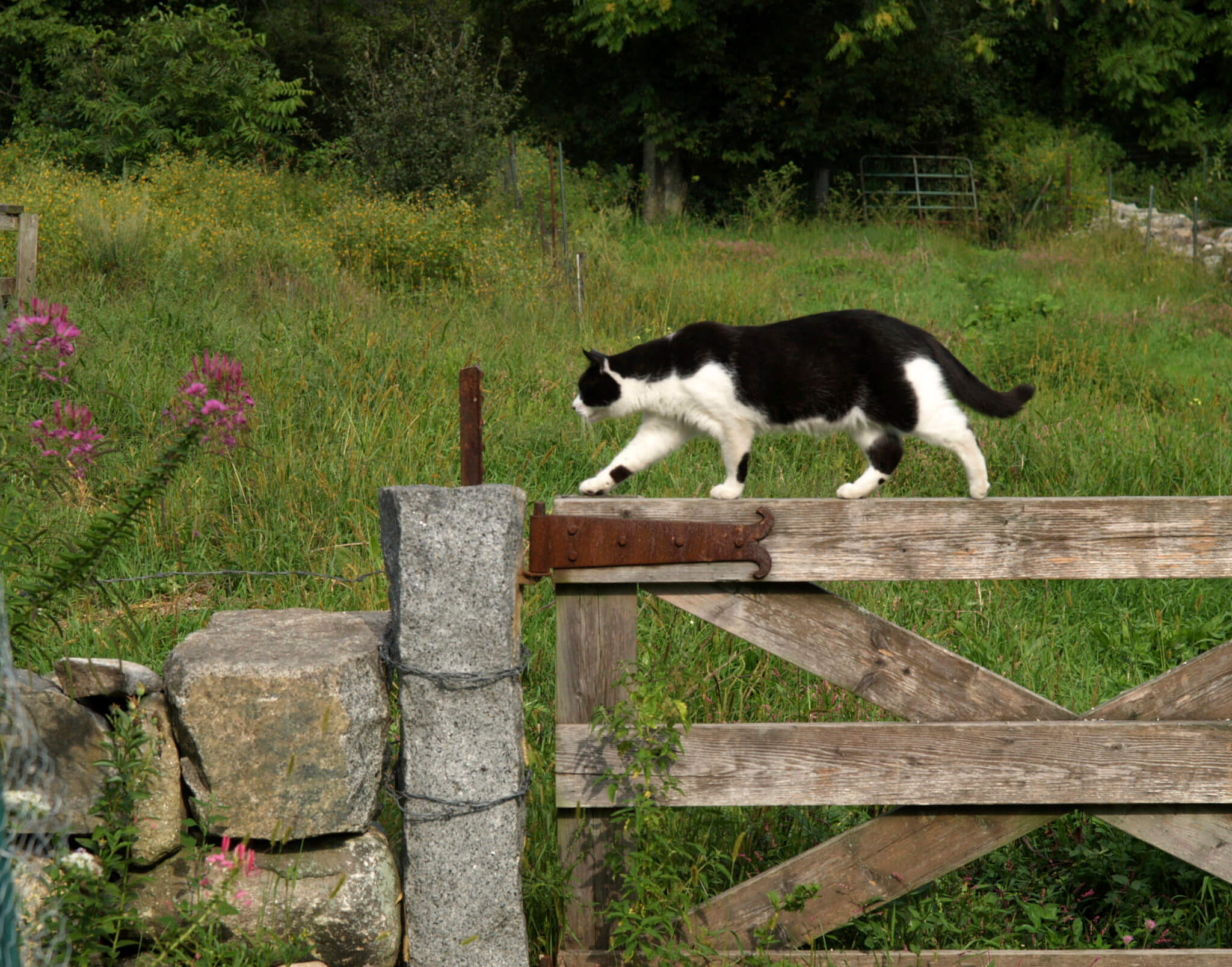
Oakland County Animal Control and Pet Adoption Center, according to reports published by the Michigan Department of Agriculture and Rural Development, saves more animals than any other municipal shelter in the state of Michigan. We are, and remain, partners in animal welfare alongside them.
The Michigan Humane Society, however, strongly opposes their stance on community cats.
Oakland County euthanizes feral cats and those not selected for adoption citing animal welfare and public safety concerns. MHS believes that community cat programs are viable alternatives to euthanasia.
Adoption should always be the preferred outcome for every animal, but that is not always a possibility. Sometimes a healthy cat is unsocialized or otherwise temperamentally unsuitable for a home, and in those instances, research has shown that death need not be the only possible outcome. Community cat programs are sustainable, effective, and a lifesaving outcome when adoption isn’t appropriate.
Historically, it was thought that community cat programs would spread disease, lead to increased suffering, and were ineffective at controlling stray cat populations. This simply is not true. Animal welfare is an ever evolving field and our practices must evolve with it. MHS believes community cat programs are both humane and effective and should be a part of any progressive animal shelter’s programs. We are here to save lives, and community cat programs do just that.
The outdated method of euthanizing all feral and unsocial cats is ineffective. Unless the environment is changed, these outdated programs simply create a temporary void in which other community cats, typically unsterilized and unvaccinated, will soon fill. It does nothing to reduce population and does nothing to create healthier populations.
No more harm occurs in a community when a sterilized and vaccinated cat is released to where she came from. In fact, if she was owned, she has a better chance of finding her way home through a return-to-field program rather than at an animal shelter where, nationally, the reclaim rate for cats hovers around 2%. In addition, cats as part of a community cat program are vaccinated and sterilized therefore creating a healthier population and one incapable of reproducing.
At MHS, our community cat programs are viable, proven programs designed to save lives. Given what we know about community cats, we have an obligation to incorporate these initiatives into our services. When needed, we evaluate each cat as a candidate for these programs and look at her health, experience outside and behavior, while considering external factors like location, climate and time of year. Community cat programs are beneficial to the community and to the cats.
MHS opposes ineffective philosophies in animal welfare and strongly encourages the Oakland County Animal Control and Pet Adoption Center to adopt more progressive community cat programs in line with emerging best practices. A municipal animal control department has the overriding responsibility to public safety in addition to a responsibility to the animals. There is no evidence that these policies improve public safety in any way and community cat programs create healthier populations – which will exist at some level anyway – within that community. With no negative impact on public safety, the course of action that should be taken is both the most humane and effective one; that is a progressive community cat program.
